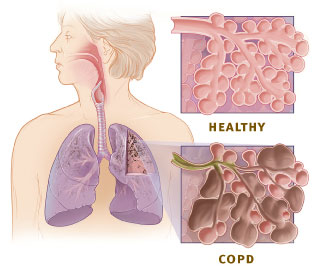- Have safe sex to reduce the chance of acquiring or spreading HIV, and other sexually transmitted diseases.
- Do not use illicit drugs and do not share needles or syringes.
- Avoid contact with another person's blood. Protective clothing, masks, and goggles may be appropriate when caring for people who are injured.
- Anyone who tests positive for HIV can pass the disease to others and should not donate blood, plasma, body organs, or sperm.
- Infected people should tell any sexual partner about their HIV-positive status. They should use whatever preventive measures (such as condoms) will give their partner the most protection.
- HIV-positive women who wish to become pregnant should seek counseling about the risk to their unborn children, and methods to help prevent their baby from becoming infected. The use of certain medications dramatically reduces the chances that the baby will become infected during pregnancy.
- The Public Health Service recommends that HIV-infected women in the United States avoid breast-feeding to prevent transmitting HIV to their infants through breast milk.
- Safe-sex practices, such as latex condoms, are highly effective in preventing HIV transmission. HOWEVER, there remains a risk of acquiring the infection even with the use of condoms. Abstinence is the only sure way to prevent sexual transmission of HIV.
- Promotion of circumcision, which may prevent transmission of virus to the man.
- Use of tenofovir 1% gel, a microbicidal drug in female.
- Pre-exposure prophylaxis with tenofovir and emtricitabine combination pill.
HIV-positive patients who are taking antiretroviral medications are less likely to transmit the virus. For example, pregnant women who are on effective treatment at the time of delivery, and who have undetectable viral loads, give HIV to their baby less than 1% of the time, compared with about 20% of the time if medications are not used.
If you believe you have been exposed to HIV, seek medical attention immediately. An immediate course of antiviral drugs can reduce the chances of AIDS. This is called post-exposure prophylaxis (PEP), and it has been used to prevent transmission in health care workers injured by needle sticks.
...
Click here to Subscribe news feed from "Clinicianonnet; so that you do not miss out anything that can be valuable to you !!
...






